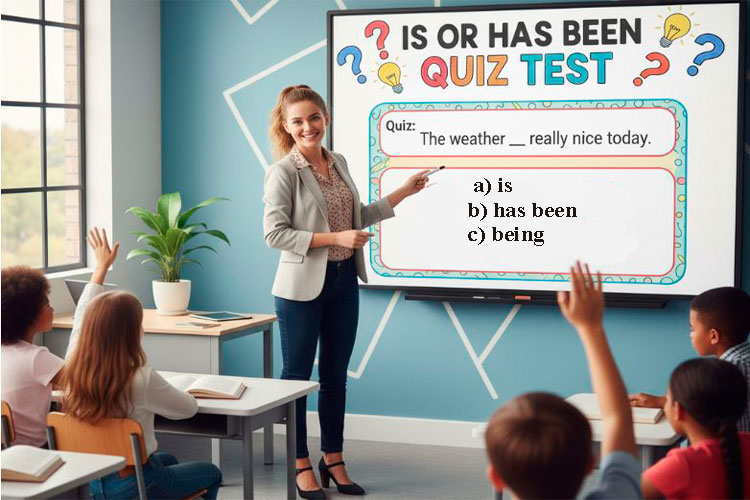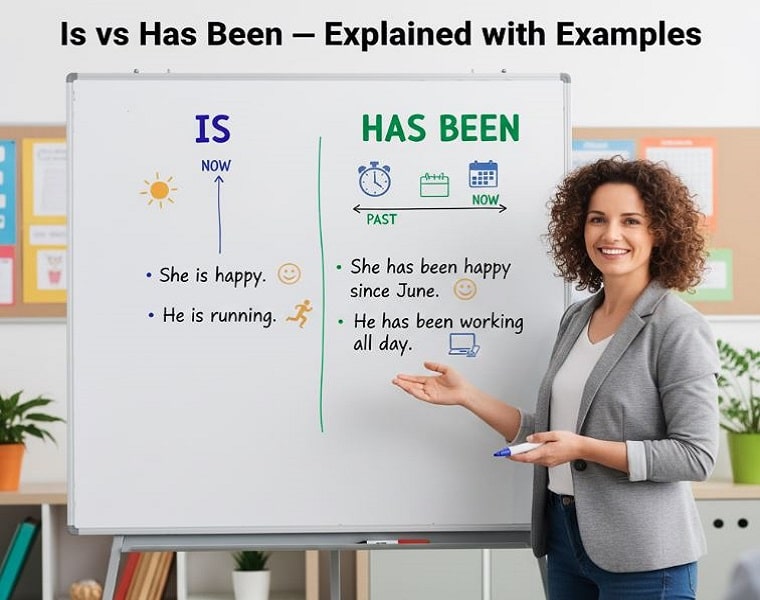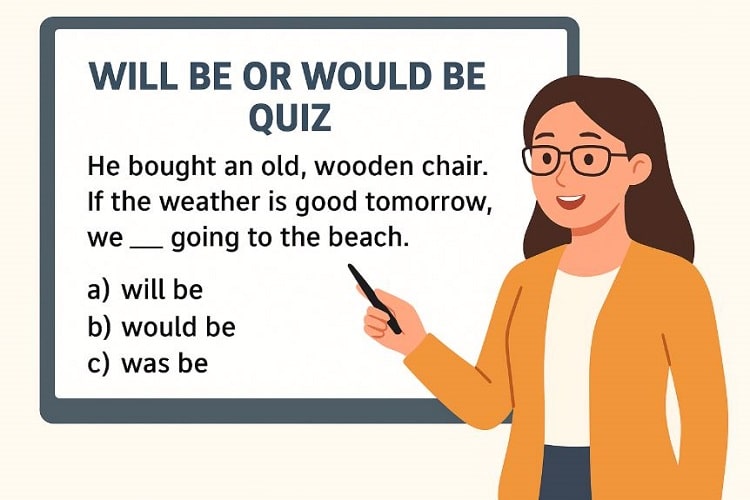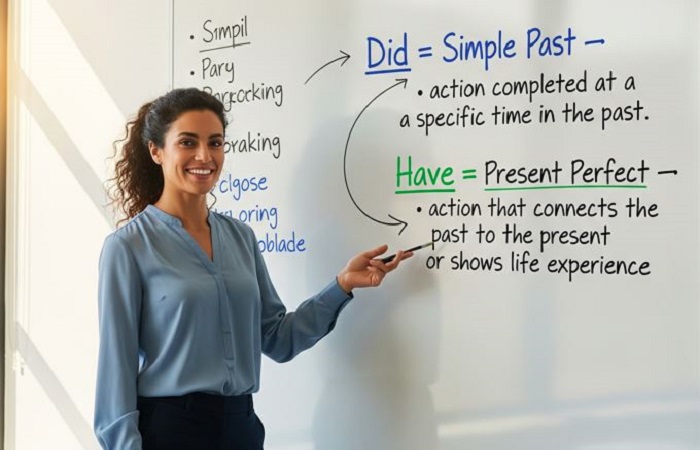Is or Has Been Quiz Test
If you’ve ever been confused about when to use “is” and when to use “has been,” you’re definitely not alone. These two forms of the verb “to be” are often confused because they both describe states or actions related to time, but in different ways. The word “is” is used in the present simple tense, … Read more










